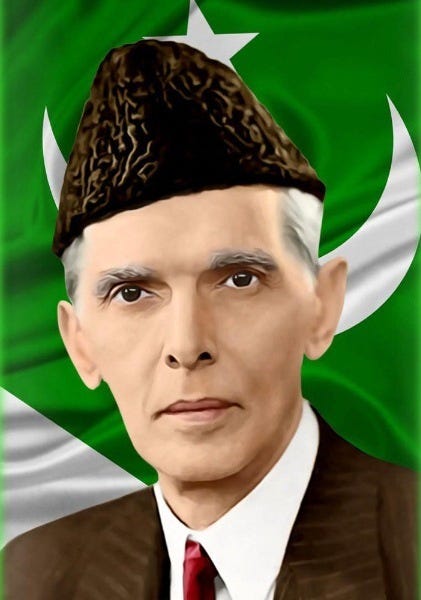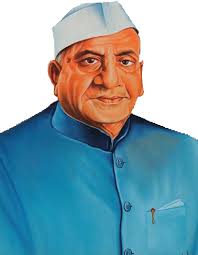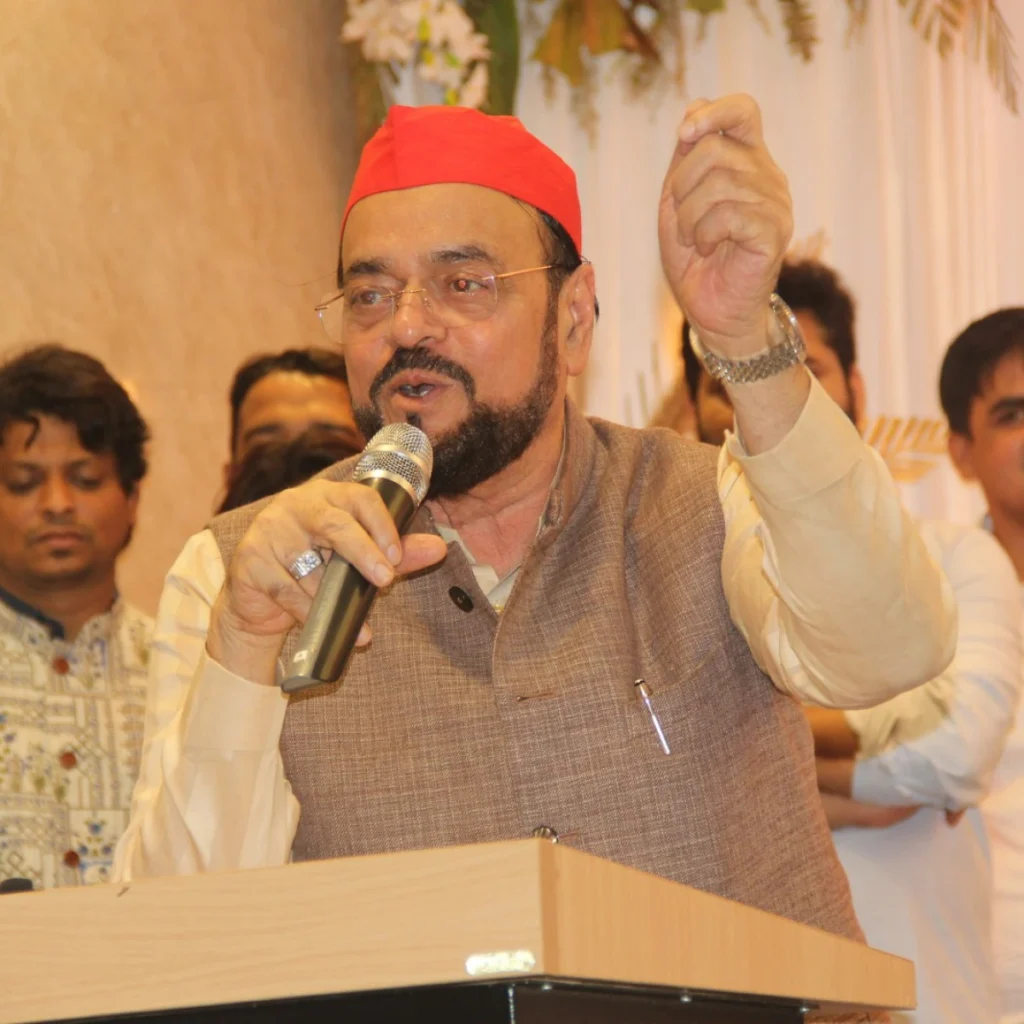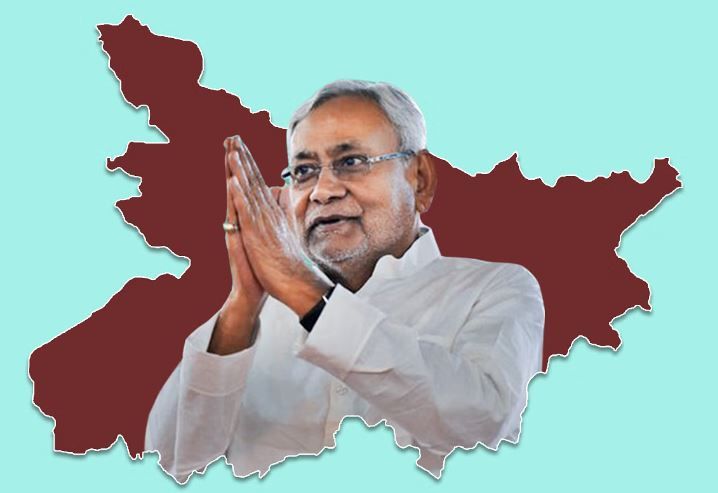Muhammad Ali Jinnah, often referred to as Quaid-e-Azam (Great Leader), stands as one of the towering figures in modern history, particularly in the context of South Asia. His leadership, vision, and political acumen played a pivotal role in the creation of Pakistan as an independent nation for Muslims in the Indian subcontinent. In this comprehensive exploration, we will delve deep into the life, legacy, contributions, and enduring relevance of Muhammad Ali Jinnah, shedding light on his multifaceted persona as a statesman, lawyer, and champion of democracy and rights.
Early Life and Education:
Muhammad Ali Jinnah was born on December 25, 1876, in Karachi, which was then part of British India and is now in Pakistan. He hailed from a wealthy merchant family with a strong background in business and politics. Jinnah received his early education in Karachi and then pursued higher studies in England, where he excelled in law at Lincoln’s Inn. His exposure to Western legal and political principles would later shape his approach to governance and nation-building.
Legal Career and Political Awakening:
Upon returning to India, Jinnah embarked on a successful legal career in Bombay (now Mumbai), specializing in constitutional law and representing various communities, including Muslims, in legal matters. His eloquence, integrity, and commitment to justice earned him a reputation as a distinguished lawyer and advocate for minority rights.
Jinnah’s political journey gained momentum when he joined the Indian National Congress (INC), a prominent political party advocating for Indian independence from British rule. His early years in the INC saw him advocating for Hindu-Muslim unity and constitutional reforms to secure rights for all communities within a unified India.
Leadership of the Muslim League:
As communal tensions and political differences escalated in British India, especially between the Hindu and Muslim communities, Jinnah’s disillusionment with the INC’s approach to minority rights grew. He eventually parted ways with the INC and assumed leadership of the All-India Muslim League (AIML) in 1913, a pivotal moment that marked the beginning of his pivotal role as the voice of Muslim political aspirations.
Under Jinnah’s astute leadership, the Muslim League evolved into a formidable political force advocating for Muslim representation and autonomy within India’s political framework. Jinnah’s famous “Fourteen Points” presented in 1929 outlined the Muslim League’s demands for constitutional safeguards, representation, and religious freedoms for Muslims in a future Indian state.
Lahore Resolution and the Pakistan Movement:
One of the defining moments in Muhammad Ali Jinnah’s political career came on March 23, 1940, during the Muslim League’s annual session in Lahore. Jinnah steered the passage of the historic Lahore Resolution (later known as the Pakistan Resolution), which called for the creation of independent states for Muslims in regions where they were in the majority.
The Lahore Resolution laid the ideological groundwork for the eventual creation of Pakistan as a separate homeland for Muslims, marking a watershed moment in the struggle for self-determination and religious freedom in British India. Jinnah’s unwavering commitment to Muslim rights and his diplomatic skills were instrumental in garnering widespread support for the Pakistan Movement among Muslims across the subcontinent.
Architect of Pakistan:
As the demand for Pakistan gained momentum, Muhammad Ali Jinnah emerged as the unequivocal leader and spokesperson for the Muslim League and the broader Muslim community. His advocacy for the Two-Nation Theory, which posited that Hindus and Muslims were distinct nations with separate religious, cultural, and political identities, resonated deeply with millions of Muslims who sought self-governance and protection of their rights.
Jinnah’s negotiations with British authorities, political maneuvering, and steadfast resolve during a tumultuous period culminated in the creation of Pakistan on August 14, 1947. The partition of British India into two independent dominions, India and Pakistan, marked a watershed moment in history, albeit accompanied by tragic communal violence and mass migrations.
Founding Father and First Governor-General:
Following Pakistan’s independence, Muhammad Ali Jinnah assumed office as Pakistan’s first Governor-General, embodying the hopes, dreams, and challenges of a nascent nation. His vision for Pakistan emphasized democratic principles, rule of law, equality, and social justice for all citizens, irrespective of their religion, caste, or creed.
Jinnah’s speeches, such as his famous address to the Constituent Assembly of Pakistan on August 11, 1947, underscored the ideals of pluralism, tolerance, and nation-building based on merit and citizenship. He envisioned Pakistan as a modern, progressive state where every individual could contribute to the nation’s development and prosperity.
Challenges and Legacy:
Muhammad Ali Jinnah’s tenure as Governor-General was brief but impactful, as he grappled with immense challenges including refugee crises, administrative setup, economic stability, and fostering national unity amidst diverse ethnic and linguistic groups. His insistence on constitutionalism and democratic governance laid the foundation for Pakistan’s early institutions, judiciary, and civil services.
Tragically, Jinnah’s health deteriorated rapidly due to his long-standing battle with tuberculosis, and he passed away on September 11, 1948, leaving behind a nation mourning the loss of its founding father and visionary leader. His death left a leadership vacuum and contributed to subsequent political complexities and debates over Pakistan’s identity, governance structures, and socio-economic policies.
Enduring Relevance and Lessons:
Muhammad Ali Jinnah’s legacy continues to resonate deeply in Pakistan and beyond, serving as a source of inspiration, guidance, and introspection. Several key aspects of his leadership and principles remain relevant:
- Democratic Values: Jinnah’s unwavering commitment to democratic ideals, constitutionalism, and rule of law underscores the importance of institutional frameworks and checks and balances in a democratic society.
- Unity in Diversity: His vision of a pluralistic Pakistan where citizens of diverse backgrounds coexist with mutual respect and equal rights remains a guiding principle for national cohesion and harmony.
- Visionary Leadership: Jinnah’s foresight, pragmatism, and strategic diplomacy showcase the qualities of effective leadership in navigating complex challenges and forging consensus among diverse stakeholders.
- Rule of Law: Emphasizing legal principles, constitutional rights, and fair governance, Jinnah’s advocacy for justice and equality underscores the importance of upholding legal and ethical standards in public life.
- Nation-Building: Jinnah’s emphasis on meritocracy, education, economic progress, and social welfare highlights the essential components of nation-building and sustainable development.
Commemoration and Tribute:
Across Pakistan, Muhammad Ali Jinnah is revered through public monuments, institutions, currency, and educational curricula, symbolizing his enduring impact on the nation’s identity and ethos. His birth anniversary on December 25th is celebrated as Quaid-e-Azam Day, with ceremonies, tributes, and reflections on his life and contributions.
Internationally, Jinnah’s statesmanship, advocacy for human rights, and role in shaping post-colonial South Asia are subjects of academic study, diplomatic discourse, and admiration for his resilience and achievements in the face of formidable challenges.
Conclusion:
Muhammad Ali Jinnah’s legacy as the founding father of Pakistan and a visionary leader transcends national boundaries and resonates with universal themes of freedom, justice, and self-determination. His life’s journey from a legal luminary to a transformative political leader embodies the






